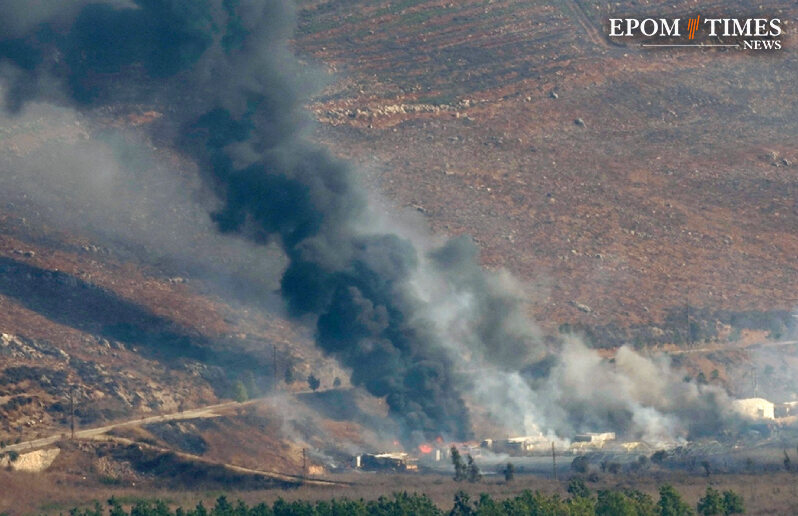In a significant escalation of regional tensions, Hezbollah announced the death of a senior commander, Hajj Ali Hassan, following an Israeli airstrike in southern Lebanon. The incident occurred on Monday and targeted Hezbollah positions near the Lebanese-Israeli border.
Hezbollah’s official statement confirmed the death of Hassan, emphasizing his role within the organization and his contributions to its operations. The Israeli Defense Forces (IDF) have not released an official statement regarding the strike, maintaining their policy of ambiguity in cross-border military actions. This development adds to the growing hostilities between Israel and Hezbollah, a group backed by Iran and designated as a terrorist organization by multiple countries.
The airstrike follows a series of skirmishes and military build-ups along the volatile border region. Hezbollah and Israeli forces have engaged in sporadic exchanges of fire, particularly in the Shebaa Farms area, a disputed territory claimed by Lebanon but occupied by Israel. The killing of a high-ranking commander like Hassan could potentially trigger a strong response from Hezbollah, further destabilizing the already fragile peace in the region.
This incident is part of a broader pattern of conflict involving Israel, Hezbollah, and other Iranian-backed militias in the Middle East. The airstrike aligns with Israel’s ongoing strategy to counter Iranian influence and preemptively neutralize threats emanating from Lebanon and Syria. The international community, including the United Nations, has frequently called for restraint from both sides to prevent a full-scale war.
Hezbollah, in its statement, vowed to continue its resistance against Israeli aggression. The group has a history of retaliating against perceived Israeli provocations, often leading to cycles of violence. With Hassan’s death, the likelihood of immediate retaliatory attacks increases, potentially leading to a broader military confrontation.
The death of Hezbollah commander Hajj Ali Hassan in an Israeli airstrike underscores the persistent volatility in the Lebanon-Israel border region. As both sides assess their next steps, the international community remains on high alert for any developments that could escalate the situation further.



